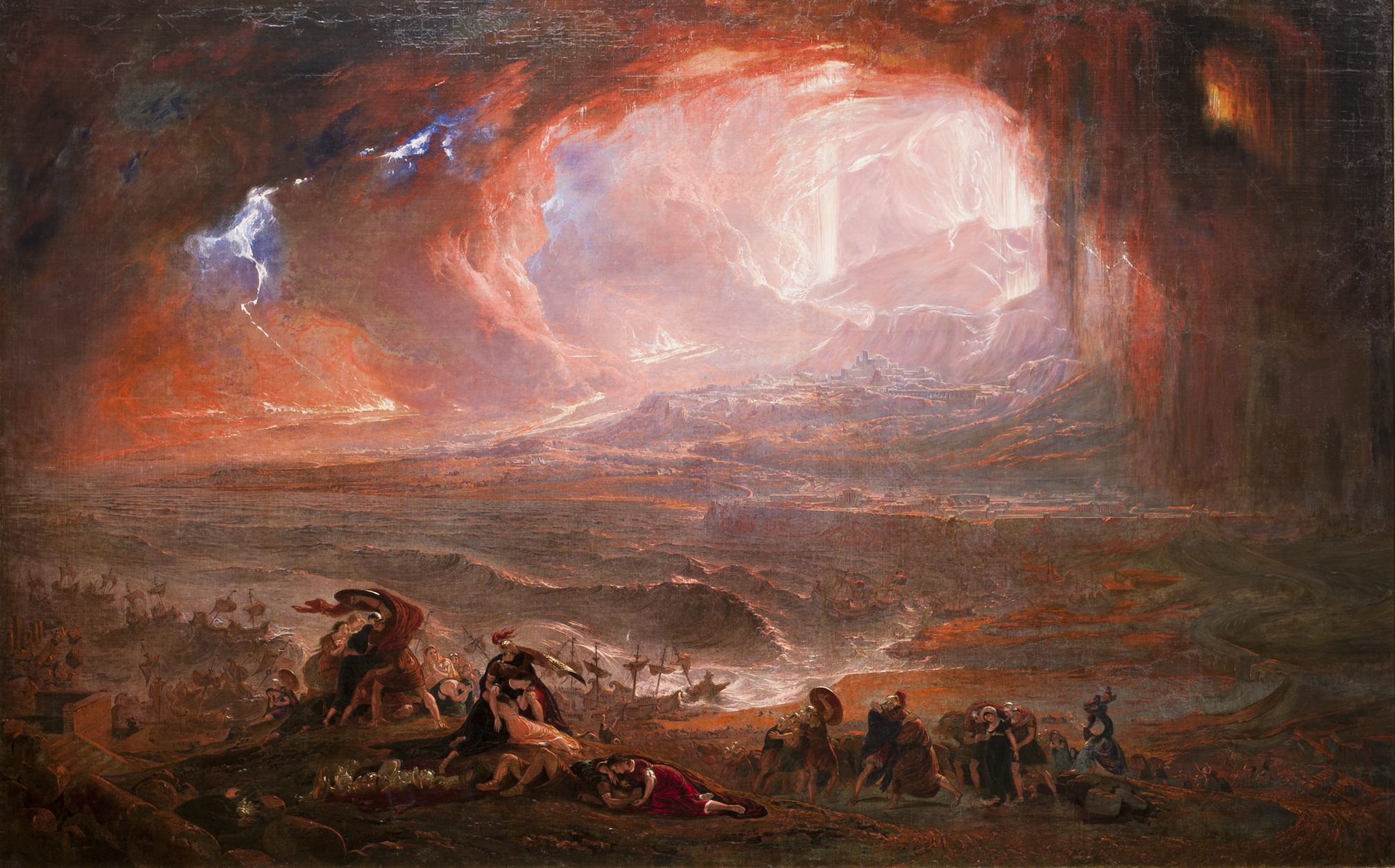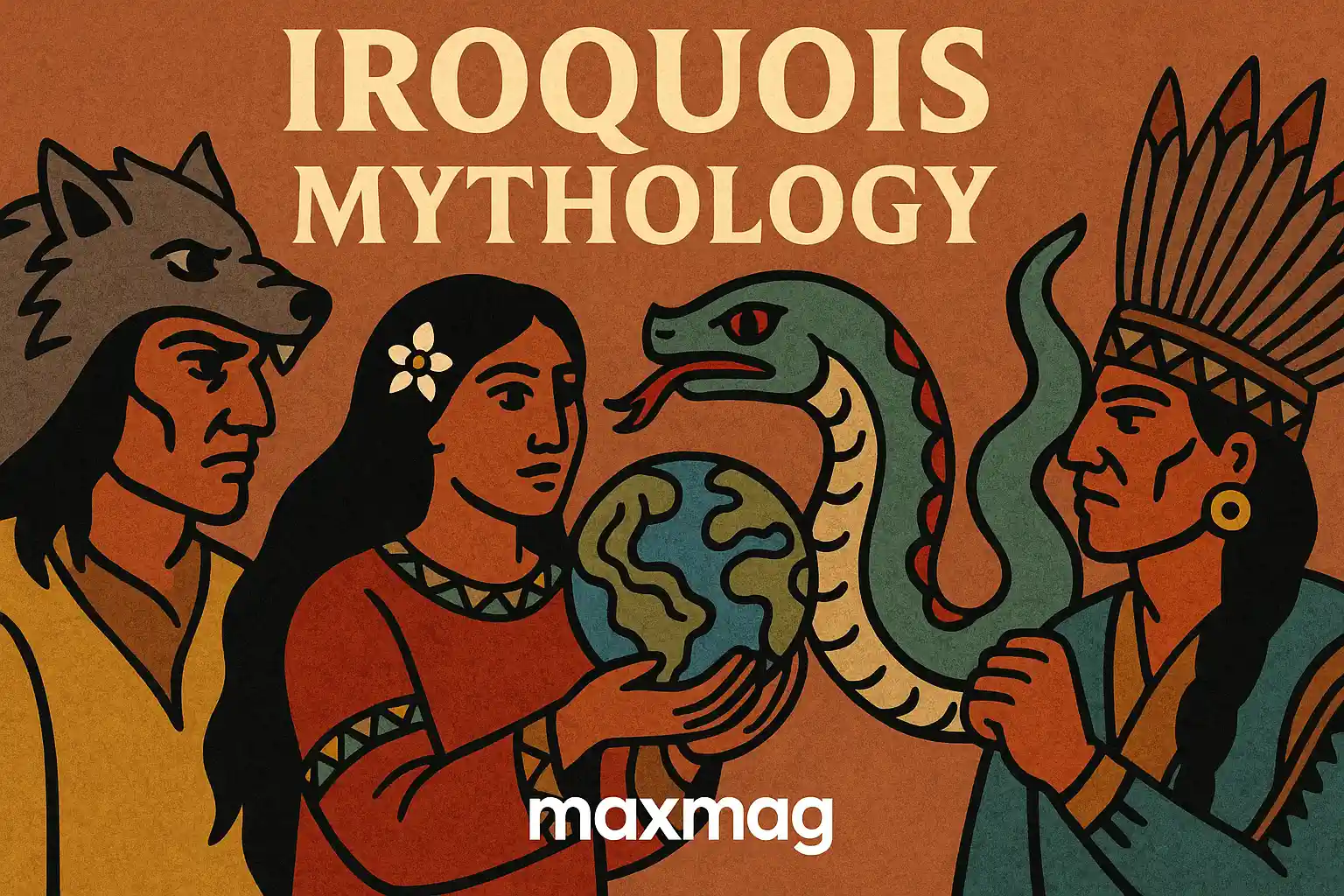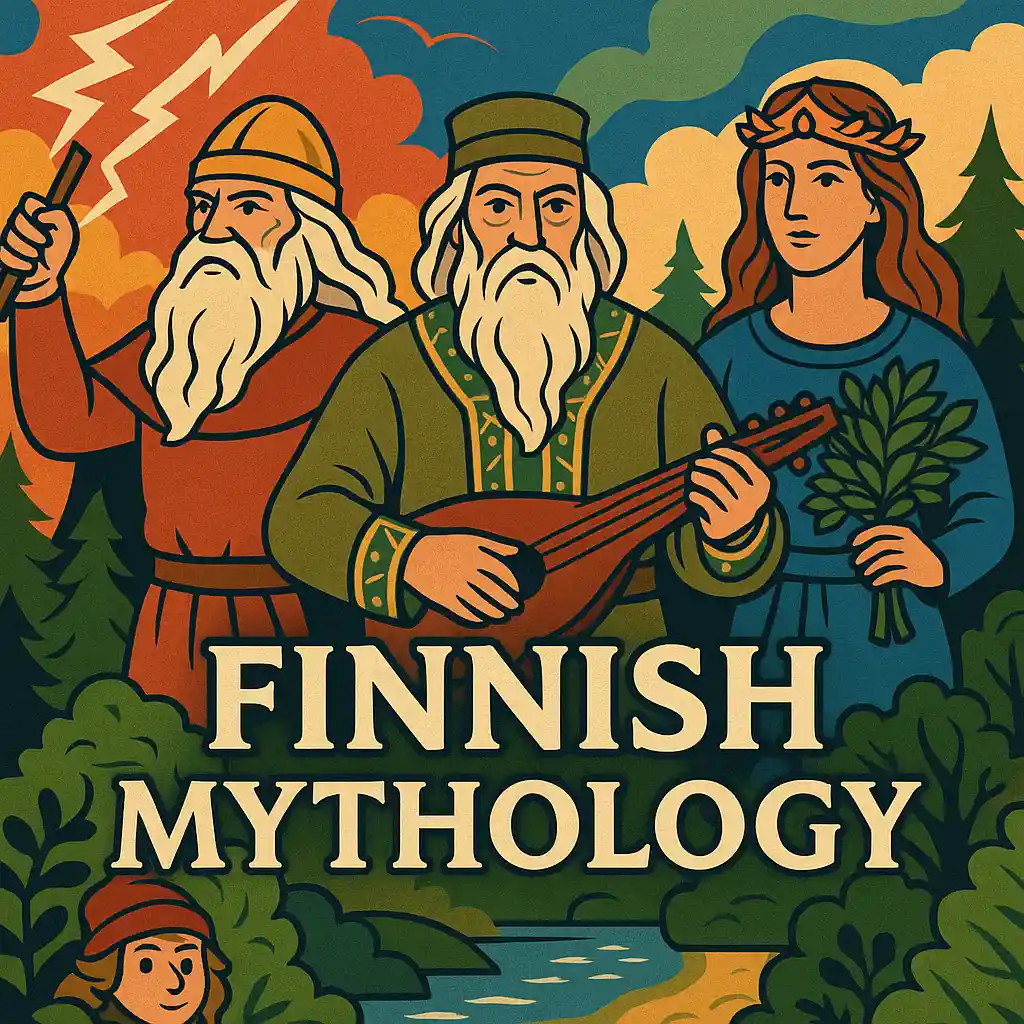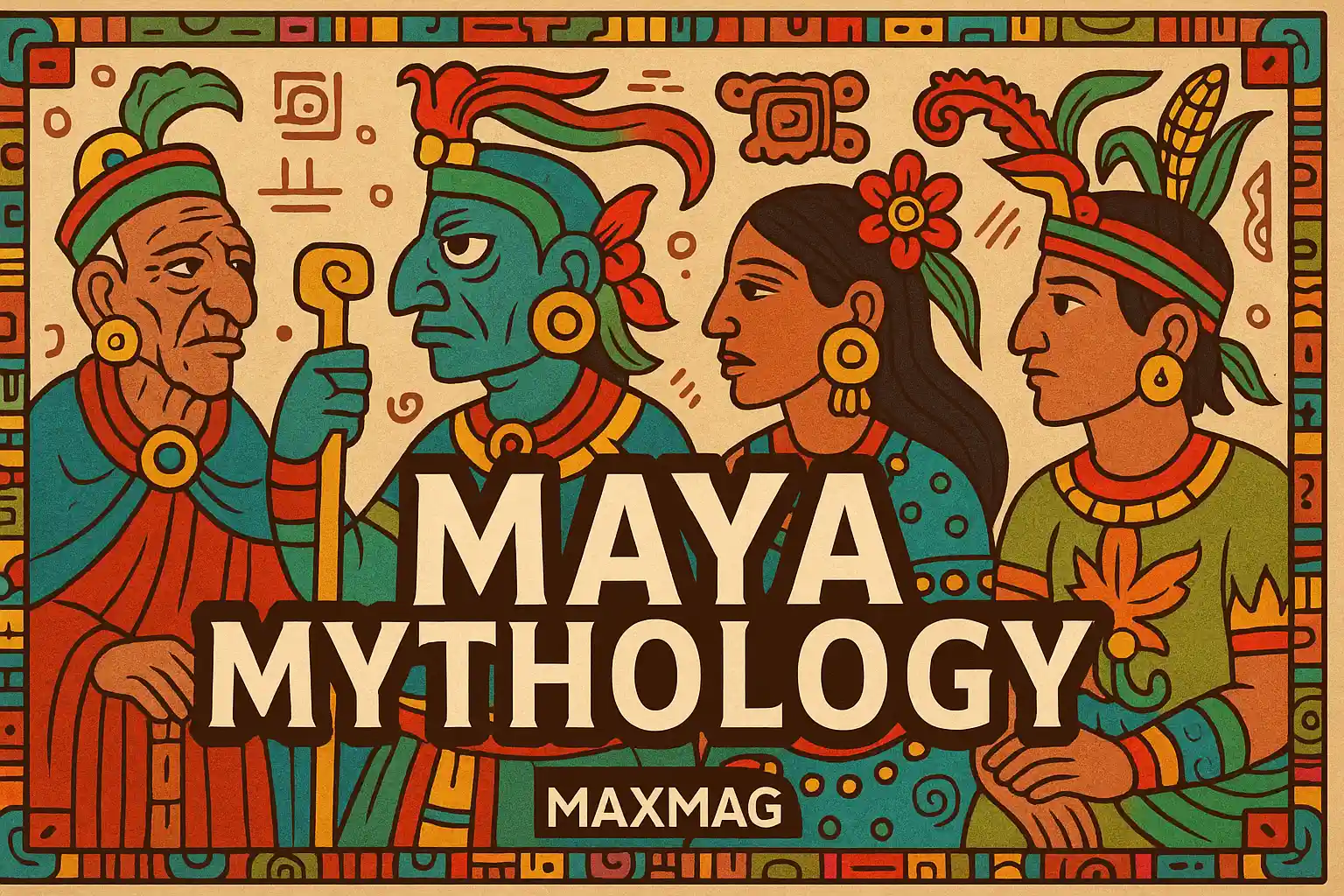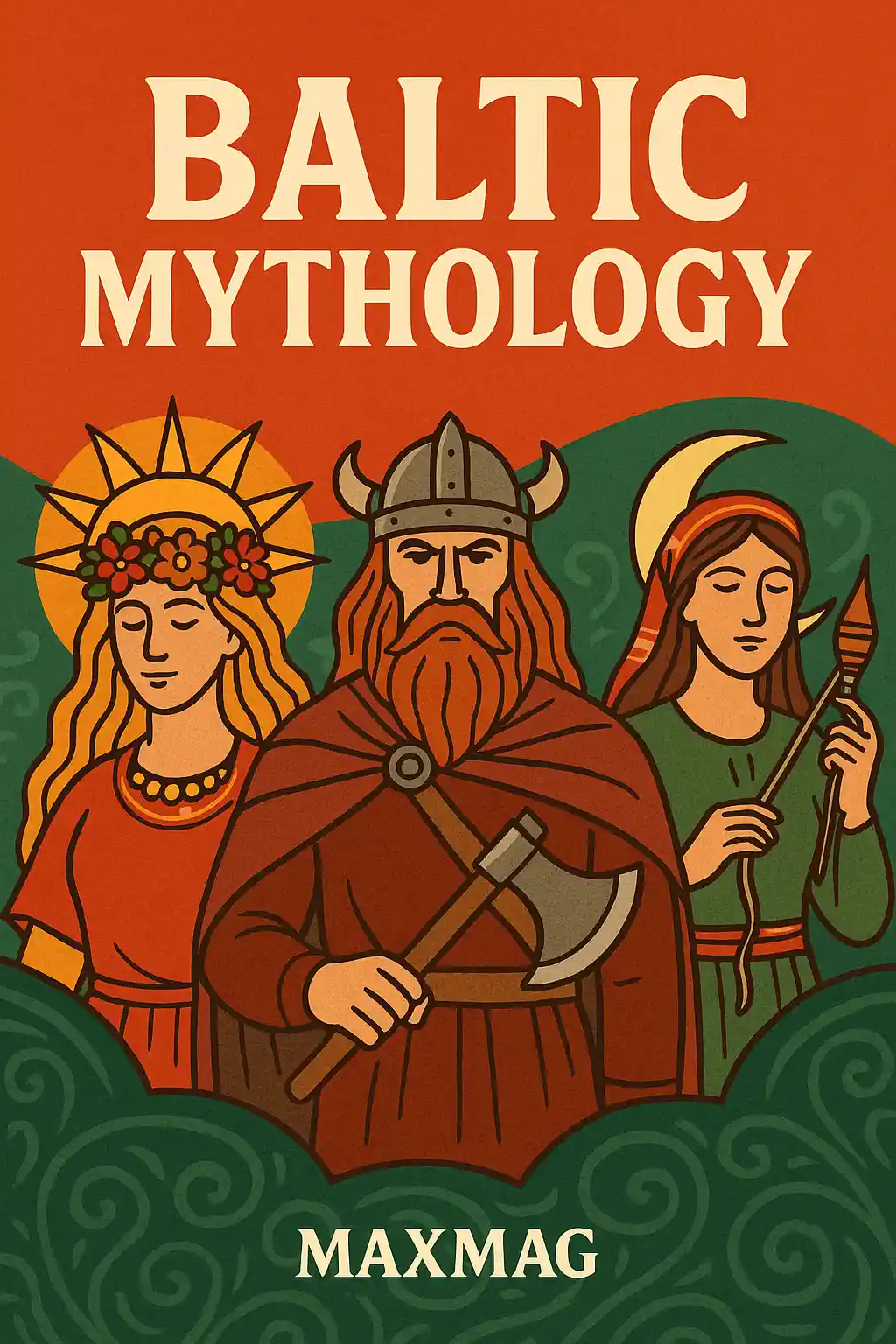When exploring ancient libraries history, the Library of Alexandria stands out as an unparalleled beacon of human knowledge and intellectual ambition. Founded in the 3rd century BC in the bustling city of Alexandria, Egypt, it quickly rose to prominence as one of the greatest centers of learning in the ancient world. Its vast collections of manuscripts and scrolls spanned numerous disciplines and cultures, drawing scholars, philosophers, and scientists from far and wide. The story of this legendary library is a testament to humanity’s relentless pursuit of knowledge and its enduring impact on civilization.
The Origins and Ambitions Behind the Library of Alexandria
The origins of the Library of Alexandria are deeply intertwined with the ambitions of the Ptolemaic dynasty. Following the death of Alexander the Great, his general Ptolemy I Soter sought to establish a cultural and intellectual capital that could rival Athens and other prominent cities of the era. Around 283 BC, Ptolemy I founded the library as part of his broader vision to make Alexandria a world-renowned hub of knowledge and scholarship.
The library was not simply a place to store books; it was conceived as a research institution and a sanctuary for intellectual exchange. Ancient libraries history reveals that the Ptolemies invested considerable resources to amass an impressive collection of writings. They actively sought to gather texts from across the Mediterranean, Egypt, Persia, India, and beyond, acquiring works in many languages and on a variety of subjects.
Legend has it that ships arriving at Alexandria’s port were required to surrender any books on board to the library’s custodians, who would then copy the texts for the library’s collection before returning the originals. Whether myth or fact, this story illustrates the zeal with which the Ptolemies pursued their goal of creating a comprehensive repository of human knowledge.
A Vast Collection of Knowledge
At its peak, the Library of Alexandria is believed to have housed anywhere from 40,000 to possibly 400,000 scrolls. These scrolls encompassed everything from philosophical treatises and scientific research to poetry, historical accounts, and religious texts. The collection represented a truly global repository of knowledge, reflecting the multicultural and cosmopolitan nature of Alexandria itself.
The library’s collections covered fields such as astronomy, mathematics, medicine, geography, literature, and linguistics. The diverse origins of the texts underscore the library’s role as a melting pot of ideas and a bridge between East and West.
Ancient libraries history consistently emphasizes the Library of Alexandria’s unique role as not just a passive collection of texts, but an active hub of learning. Scholars who came to Alexandria engaged in studying, debating, and expanding upon the knowledge stored within its walls. The library’s connection with the Mouseion, a research institute funded by the Ptolemies, further enhanced its status as a center of intellectual activity.
The Intellectual Giants of Alexandria
The Library of Alexandria attracted some of the most brilliant minds of antiquity. Among these were Euclid, the father of geometry, who developed foundational mathematical principles still taught today. Archimedes, famous for his contributions to physics and engineering, is also believed to have spent time in Alexandria’s scholarly community.
Eratosthenes, the chief librarian at one point, made significant advancements in geography and is credited with calculating the Earth’s circumference with remarkable accuracy. These figures exemplify the level of scholarship and innovation fostered by the library.
What set the Library of Alexandria apart from other ancient repositories was its emphasis on open inquiry and collaboration. Scholars shared their ideas freely, leading to cross-disciplinary innovations that shaped the course of science and philosophy for centuries. This collaborative spirit remains a cornerstone of intellectual progress today.
The Library as a Symbol of Knowledge and Power
In the context of ancient libraries history, the Library of Alexandria also symbolizes the connection between knowledge and political power. The Ptolemaic rulers understood that controlling knowledge was a way to consolidate power and prestige. By assembling the greatest collection of knowledge, they projected an image of Alexandria as the intellectual and cultural capital of the ancient world.
The library’s influence extended far beyond Egypt. Its reputation attracted visitors and scholars from Greece, Rome, and other parts of the Mediterranean, turning Alexandria into a cosmopolitan center where ideas could be exchanged and developed on an unprecedented scale.
The Mysterious Decline and Destruction
Despite its legendary status, the Library of Alexandria’s fate remains shrouded in mystery and debate. Ancient libraries history is peppered with accounts of its destruction, but no single event has been definitively confirmed as the cause.
One theory suggests that Julius Caesar’s siege of Alexandria in 48 BC resulted in a fire that damaged or destroyed much of the library’s collection. Others argue that the library suffered from neglect over the centuries, gradually losing its scrolls due to political upheavals, wars, and changes in ruling dynasties.
Some historians suggest that the destruction happened in phases rather than a single catastrophic event. This slow decline might explain why the library’s demise was not thoroughly documented, leaving only fragments of its story in surviving texts.
Regardless of the exact circumstances, the loss of the Library of Alexandria is often seen as a profound tragedy, representing a symbolic rupture in the transmission of ancient knowledge. It serves as a powerful reminder of the fragility of cultural heritage and the consequences of losing access to humanity’s intellectual achievements.
The Enduring Legacy of the Library of Alexandria
Though the ancient Library of Alexandria no longer exists, its legacy endures in numerous ways. It has become a powerful symbol of humanity’s quest for knowledge and the value of preserving intellectual heritage.
Modern libraries and educational institutions worldwide draw inspiration from Alexandria’s example. The spirit of inquiry and scholarship fostered by the ancient library resonates in today’s centers of learning, from universities to public libraries.
One of the most tangible tributes to this legacy is the Bibliotheca Alexandrina, a modern library and cultural center built near the site of the original library and inaugurated in 2002. This institution seeks to revive the original library’s mission by housing millions of books, hosting cultural events, and facilitating international cooperation in education and research.
Why Understanding Ancient Libraries History Matters Today
Studying ancient libraries history offers valuable lessons for our current age, especially as we navigate an era of rapid information growth and technological change. The story of the Library of Alexandria highlights the importance of collecting, preserving, and sharing knowledge in diverse forms.
It also warns us about the risks of losing cultural and intellectual heritage, whether through neglect, conflict, or censorship. In a world increasingly dependent on digital information, protecting knowledge requires ongoing effort and vigilance.
Libraries remain central to this mission. They are more than just book repositories—they are community centers, research hubs, and guardians of cultural memory. The legacy of the Library of Alexandria inspires us to invest in these institutions and to value open access to knowledge for all.
The Role of Ancient Libraries in the Broader Historical Context
The Library of Alexandria was part of a broader tradition of ancient libraries, each contributing to the preservation and dissemination of knowledge. Other notable ancient libraries include the libraries of Pergamum, Babylon, and Nineveh. Each played a unique role in its culture, preserving important texts and advancing learning.
For example, the Library of Pergamum in Asia Minor was renowned for its extensive collection and rivaled Alexandria’s library in scale and prestige. This rivalry even led to innovations such as the development of parchment, an alternative to papyrus used for scrolls.
By examining these libraries collectively, historians gain insight into how ancient civilizations valued and managed knowledge. This perspective enriches our understanding of the intellectual currents that shaped the modern world.
The Library of Alexandria in Popular Culture
The Library of Alexandria continues to capture the imagination of writers, filmmakers, and scholars. Its mystique as a lost treasure trove of knowledge makes it a popular subject in fiction, documentaries, and scholarly debates.
From novels and movies to academic research, the library symbolizes the heights of human achievement and the tragic consequences of cultural loss. Its story encourages ongoing efforts to protect libraries and archives around the world.
Final Thoughts on Ancient Libraries History
The tale of the Library of Alexandria is a cornerstone of ancient libraries history and a powerful testament to human curiosity and ambition. Its rise, flourishing, and mysterious destruction provide enduring lessons about the value of knowledge and the challenges of preserving it across time.
As we continue to build new libraries, digital archives, and educational resources, the spirit of Alexandria reminds us why knowledge matters—not only as a collection of facts but as the foundation of progress, culture, and understanding.
Outbound Links:
-
Learn about the historical significance of libraries worldwide at the Library of Congress History
-
Discover the modern efforts to revive Alexandria’s legacy at the Bibliotheca Alexandrina
-
Explore UNESCO’s programs dedicated to preserving cultural heritage at UNESCO Memory of the World
FAQ Section
Q1: What is the significance of the Library of Alexandria in ancient libraries history?
A1: It was one of the largest and most comprehensive ancient libraries, a research center attracting scholars globally, symbolizing humanity’s quest for knowledge.
Q2: How did the Library of Alexandria acquire its vast collection?
A2: Through active acquisition from across the ancient world, including copies of books from ships docking at Alexandria and donations from scholars.
Q3: Why is the destruction of the Library of Alexandria still debated?
A3: Because of conflicting historical accounts and a lack of concrete evidence, historians propose multiple theories ranging from fire during war to gradual neglect.
Q4: How does the modern Bibliotheca Alexandrina connect to the ancient library?
A4: It serves as a cultural and educational center near the original site, aiming to continue the ancient library’s mission of knowledge preservation and dissemination.
Q5: What can ancient libraries history teach us about today’s digital age?
A5: It emphasizes the importance of safeguarding diverse knowledge sources and ensuring access to information for future generations.
Q6: Are there other important ancient libraries besides Alexandria?
A6: Yes, notable ones include Pergamum, Babylon, and Nineveh, each playing vital roles in preserving knowledge and advancing learning in their regions.


